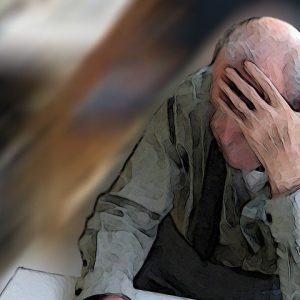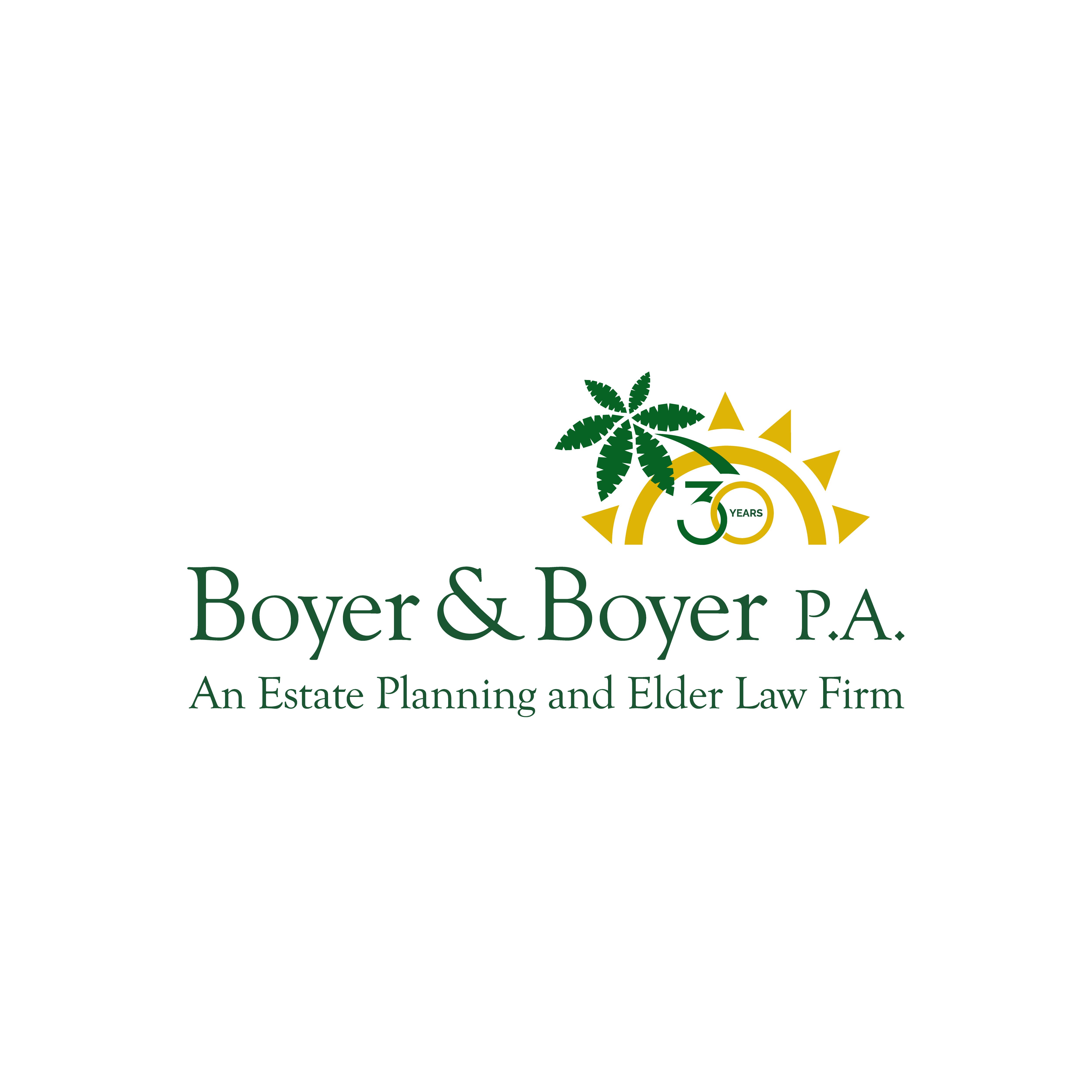
Guardianship
There are many different types of guardianships and they are often confused. Parents of minor children are considered “natural” guardians for their children. Persons with mental health issues may have a “guardian ad litem” appointed to make treatment decisions while they are debilitated from illness. Children who are involved in a legal action may have a “guardian ad litem” appointed to represent their interests because they are not of legal age to decide for themselves. “Ad litem” is a Latin term which means “for the suit” or “for purposes of the suit”1. An ad litem is always appointed by a judge, and simply acts for a person who cannot act for him or herself in a legal matter and is generally a temporary appointment. The ad litem may be a lawyer or non-lawyer, depending upon the circumstances.
A significant portion of our practice is in formal “guardianship” – a legal proceeding under which a person who lacks the ability to manage certain functions of everyday living is declared by a court to be “incapacitated”, and loses the legal right to make certain decisions2. Examples of rights which can be removed from an incapacitated individual include the right to decide where to live, how to spend money, to gift money, to enter into a contract. There are many more. This loss of rights is often permanent, although rights can be restored upon a finding by a doctor that the person has regained the ability to make decisions and a corresponding order of the court restoring capacity.
A finding of incapacity by a court is the first part of a guardianship proceeding. The second part is whether the court needs to appoint someone to exercise the rights which have been removed. Some rights are considered to be “delegable”, for instance, the right to sign a contract. Other rights are not delegable, for instance, the right to vote. In one case, the court can delegate the right to sign a contract to a guardian, but the guardian cannot vote on behalf of the Ward, if the court has found that the individual no longer has the ability to understand the voting process.
If an individual has a revocable trust, an advance health care directive or a durable power of attorney in place, and the court finds that those documents constitute a “less restrictive alternative” to the appointment of a guardian, the court must allow the individuals appointed in those documents to be the decision makers to proceed with the authority granted by the individual. This is because at the time the document(s) were signed, the individual is presumed to have had the capacity to sign them, and made a personal choice regarding who the decision maker should be.
More often, the court will find that (a) there are no existing or sufficient documents to meet the incapacitated individual’s needs; or (b) the person or persons appointed under the documents can no longer act in the best interests of the incapacitated individual. In that case, the court will appoint a guardian, who might be a family member, friend or professional guardian. Professional guardians are individuals who have met the standards imposed under Florida law to serve as guardian3.
Why is guardianship required in some situations? A person with capacity can appoint decision makers for themself in the event that incapacity occurs. However, authority granted under a Durable Power of Attorney or Health Care Surrogacy takes nothing away from the individual who gave the power and is now incapacitated. Until and unless a court removes one’s legal right to make decisions, he or she can still access bank accounts, sign contracts, and refuse to leave home. Certain illness, including dementias, strokes and mental illnesses, among others, render individuals unable to understand that they can no longer make good or safe decisions. In those cases, interested persons should step in and consider initiating guardianship proceedings. In addition, there are often disagreements among family members or friends whether the individual who has been granted authority under a Durable Power of Attorney or Health Care Surrogacy is acting in the best interests of the incapacitated person. Sometimes those concerns are well founded, other times they are seated in long standing family disagreements or lack of trust.
Assets titled in a revocable trust by a now incapacitated person are not generally subject to the jurisdiction or authority of the guardianship court. If the trust document names a Successor Trustee in the event of incapacity or the incapacitated person is not currently serving as Trustee, then the Successor Trustee steps in to manage assets. This is why revocable trusts are considered to be good alternatives to guardianship when sufficient assets are owned to warrant the creation of the trust.
Legally appointed guardians have court documents known as “Letters of Guardianship” which outline their authority to act. Without that document, there is no legal authority vested in an individual that the incapacitated person does not also share. A prospective nomination of an individual to serve as Personal Representative (also known as the “executor”) under a Last Will and Testament has no meaning while the incapacitated person is living; nor does the granting of authority under a Durable Power of Attorney constitute guardianship.
In Florida, persons who are the subject of guardianship proceedings must be represented by legal counsel, which will be appointed for them unless they choose their own lawyers. Once appointed, guardians make initial and annual reports to the court about medical, residential and financial matters which are closely scrutinized. Individuals who are determined to be incapacitated do not lose their inherent rights of privacy. The guardianship ends when the individual dies or the court restores capacity as referred to above.
Guardianship is an option of last resort, but can be a much needed legal solution to a complicated problem. It is costly, and when challenged, the costs can spiral. The best way to avoid guardianship is to have your legal documents in place and reviewed regularly, and to communicate clearly with your family regarding your own wishes if you become incapacitated. If you are faced with initiating a guardianship, experienced guardianship counsel is critical to making the process much smoother and less expensive. Mediation, used in the civil court system, is slowly beginning to be used in guardianship matters as a method of avoiding, or improving, the guardianship system.
1 Black’s Law Dictionary
2 See Chapter 744, Florida Statutes
3 See Sections 744.1083 and 744.1085, Florida Statutes




